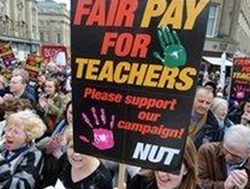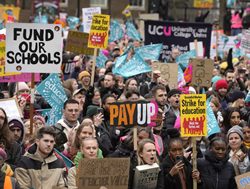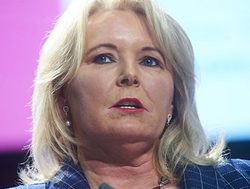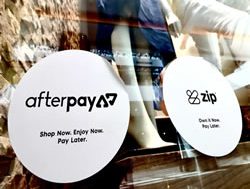 Concerns have been raised over cash-strapped United Kingdom Public Servants turning to controversial buy now, pay later (BNPL) loans after being turned down by mainstream lenders.
Concerns have been raised over cash-strapped United Kingdom Public Servants turning to controversial buy now, pay later (BNPL) loans after being turned down by mainstream lenders.
Analysis by the University of Edinburgh found that one in 10 public sector and National Health Service (NHS) staff, who were initially rejected for a more conventional loan on the basis they could not afford to repay it, went on to secure credit from BNPL firms last year.
Researchers also found that the overall use of BNPL products among public sector employees had “increased significantly” relative to other credit and loans, and that it was starting to displace other non-traditional lenders such as those offering high-interest payday loans.
Tina Harrison, of the University of Edinburgh’s Business School, warned the rising use of BNPL — which is still unregulated in the UK — increased the risk of public sector workers falling behind on their payments.
“The increase in the use of BNPL, especially among individuals with very low financial resilience, is extremely worrying,” Professor Harrison said.
“Left unchecked, BNPL has the potential to very quickly lead to an unmanageable debt burden.”
The Edinburgh research analysed the transactions of 104,661 NHS and public sector workers who applied for a loan from the non-profit lender, Salad Money, but were rejected on the basis they were unable to afford repayments.
Salad Money, which commissioned the survey, issues loans exclusively to public sector workers.
Analysis of 174 million anonymised bank transactions by public sector workers found evidence that 54 per cent had experienced direct debits being returned — a key indicator of financial difficulties.
The findings were part of a report that showed many Public Servants would struggle to afford an unexpected bill of £100 ($A165) in the middle of the month because the staff whose transactions were analysed had, on average, just £79 ($A130) in their account by that point.
The report also found that BNPL users spent more relative to their incomes, and tended to have higher overdrafts, while a significant minority were heavily indebted.
London, 22 September 2022











